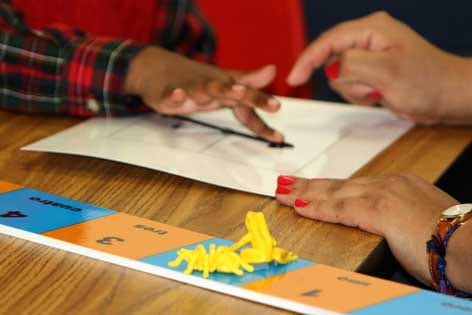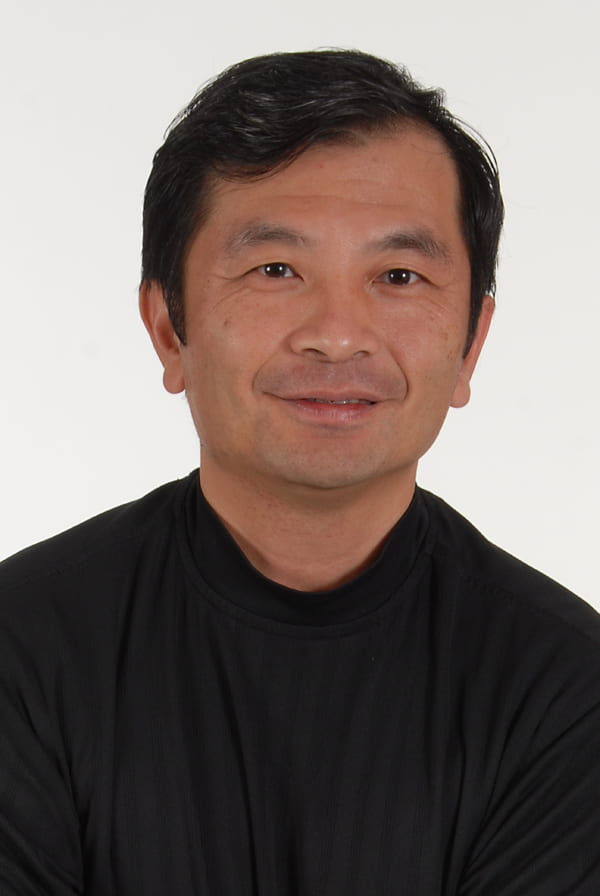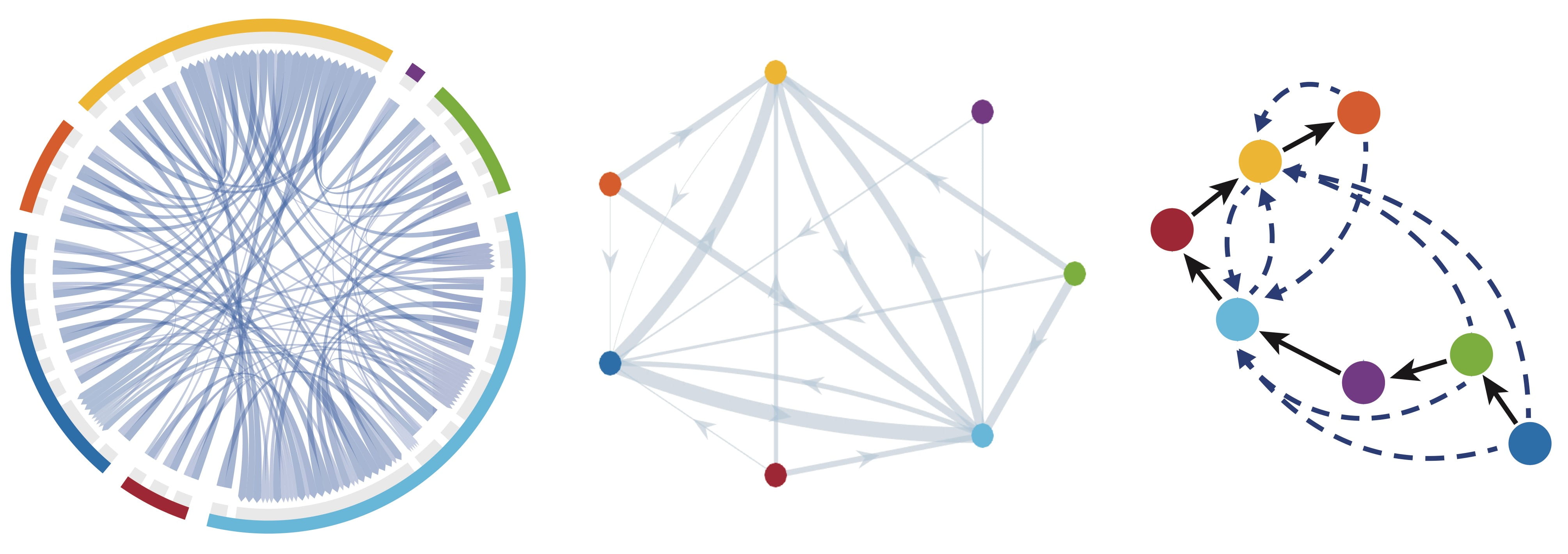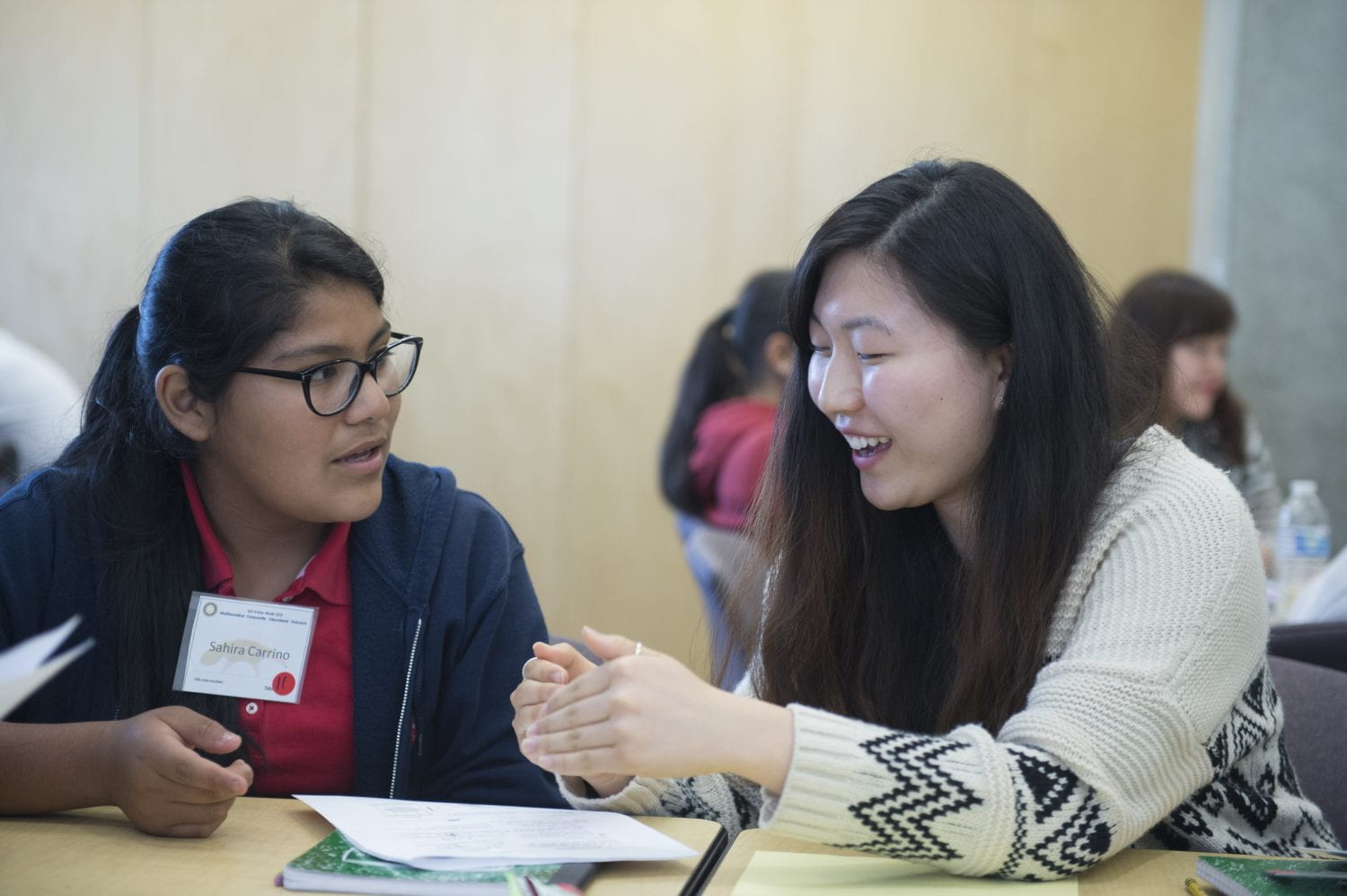Boosting preschoolers’ math skills
UCI team seeks to boost number-concept skills – and chances of academic success – among low-income, bilingual preschoolers.

Meet Agustin. He’s a Garden Grove preschooler who likes to play soccer. His parents, who speak only Spanish, hope that when their son grows up, he’ll go to college – preferably at UC Irvine, since Agustin’s father has worked on the campus grounds crew for 14 years.
One positive sign is that Agustin is already learning the number concepts he’ll need in years to come, says Barbara Sarnecka, UCI assistant professor of cognitive sciences.
“Research has shown that children’s conceptual understanding of cardinal numbers when they enter kindergarten predicts a lot about their future math and overall school performance,” she says.
In a study funded by the National Institutes of Health and published in both the Journal of Experimental Child Psychology and Cognition, Sarnecka discovered that these number concepts are usually acquired by middle-class children like Agustin at age 2 or 3. But youngsters in low-income families, she found, generally don’t learn them until 5 or 6.
Missing almost entirely from current research is how and when this happens among children from low-income, bilingual households. Sarnecka suspects that those facing the challenges of both limited resources and limited English may acquire key number concepts even later.
“There’s a lot of evidence that language development, which is tied to number-concept development in youngsters, differs between bilingual and monolingual children,” she says.
“We have a good idea about the kind of number-concept-development experiences that help middle-class kids like Agustin learn what they need to know before kindergarten. Children from low-income households are less likely to have those experiences, and this can create an academic disadvantage.”
Because math is a cumulative skill, Sarnecka explains, starting out behind makes it very hard to catch up. “In fact, most kids never do catch up,” she says. “Instead, they fall farther and farther behind as they get older.”
With a new $798,000 grant from the National Science Foundation, Sarnecka and her cognitive development lab assistants aim to close this gap.
Their five-year study, which began last July, first involves observation to better understand how number-concept and language learning occurs in children from different income and cultural backgrounds. The researchers will then use these findings to create bilingual games and activities that will help youngsters grasp number concepts sooner.
Study participants are now being recruited from Orange County Head Start sites, and their current language and number-concept skills will be assessed. Children selected for accelerated learning will spend one hour a week for four weeks reading counting books and playing number games with researchers, including Cristina Flores, Sarnecka’s bilingual lab manager.
The activities may seem simplistic – a spinner indicates whether to move one or two spaces on a game board, and the first to reach the end wins – but the study’s goal is substantial: improving the chances of future academic success for bilingual kids from low-income households.
At the end of the four-week period, participants will be reassessed to determine changes in number-concept and language skills compared with children in a control group, who’ll spend the same amount of time with researchers, reading books and playing games that don’t involve numbers.
Because the study is longitudinal, the youngsters will be monitored through age 6 – and potentially beyond – to see how the intervention affects future math achievement. If successful, says Flores, the effort could lead to the creation of formal preschool curricula supporting the early acquisition of number concepts.
“This type of applied research can really make a difference by giving kids the foundational knowledge they need, right from the start,” she says.


